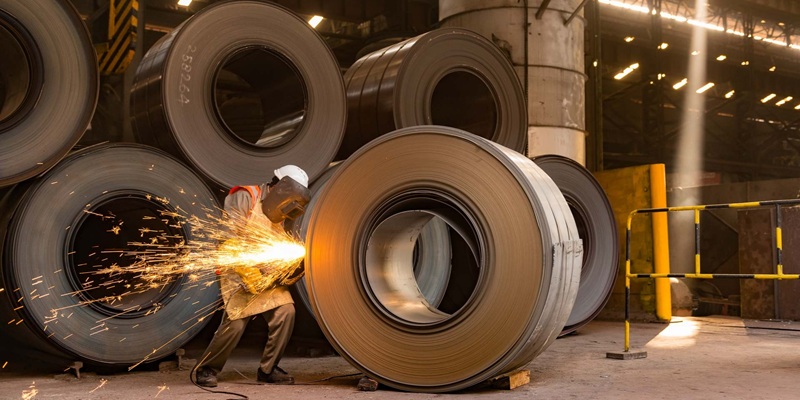Schedule a Call Back
Budget 2021: Infra push to generate demand for manufacturing sector & MSMEs
 Industry News
Industry News- Feb 02,21
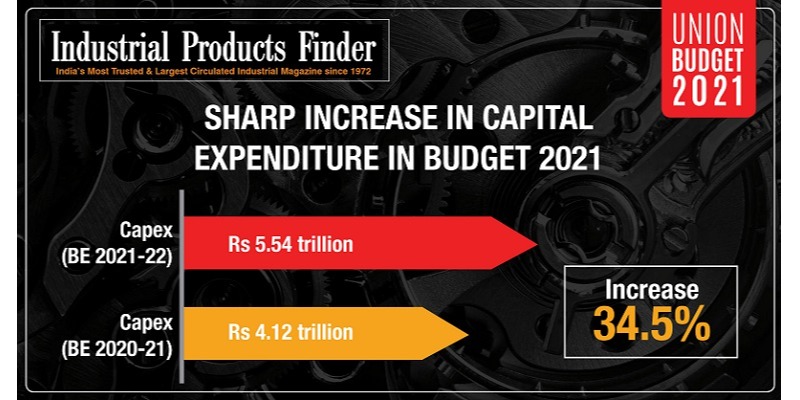
Related Stories
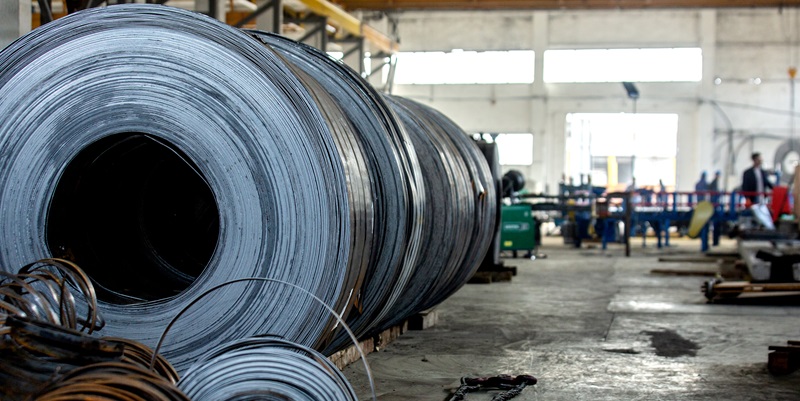
Aluminium sector resilient amid tariff shifts
With nearly half of India's primary aluminium production exported globally, competition may intensify in traditional markets as other exporters divert supplies due to US restrictions.
Read more
Funding MSMEs During Economic Flux
Micro, Small, and Medium-sized Enterprises (MSMEs) are the backbone of India’s economy, contributing 30 per cent to the nation's GDP and 45 per cent to its exports.
Read more
Will revised MSME classification solve their funding puzzle?
Only 14 per cent of credit needs of Micro, Small and Medium Enterprises (MSMEs) - the backbone of India's economy - are met through formal channels. The revised MSME classification may mark a pivota..
Read moreRelated Products
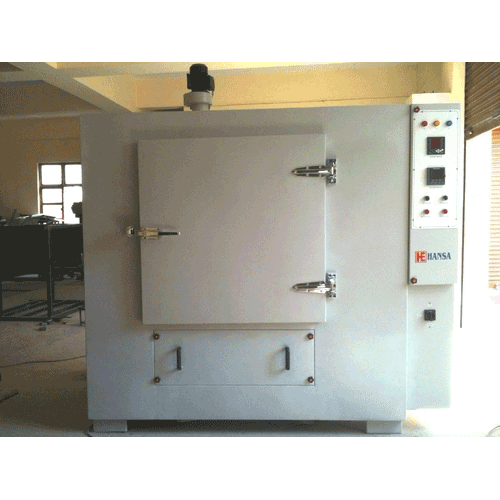
Heavy Industrial Ovens
Hansa Enterprises offers a wide range of heavy industrial ovens.
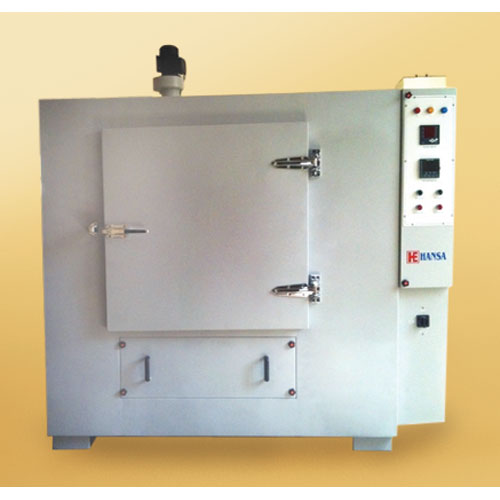
High Quality Industrial Ovens
Hansa Enterprises offers a wide range of high quality industrial ovens. Read more
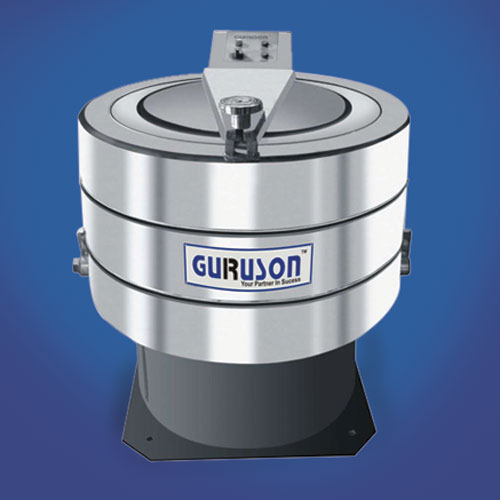
Hydro Extractor
Guruson International offers a wide range of cone hydro extractor. Read more






